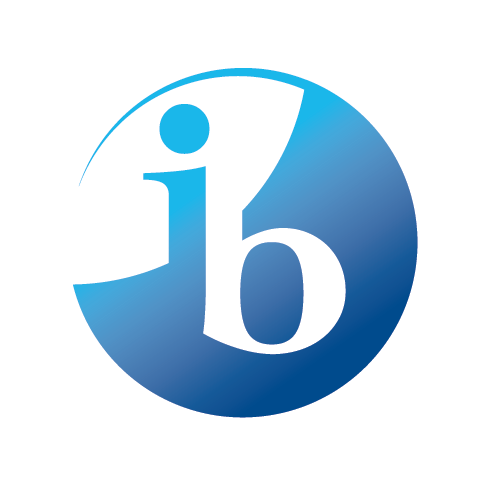The IBMYP requests that each student be involved in at least one interdisicplinary unit per school year.
AIMS OF INTERDISIPLINARY LEARNING
The aims of the teaching and study of MYP interdisciplinary units are to encourage students to:
- develop a deeper understanding of learning skills and apply them in meaningful contexts
- integrate conceptual learning, ways of knowing, and methods of inquiring from multiple disciplines
- inquire into compelling issues, ideas and challenges by creating products or explaining phenomena
- reflect on and communicate understanding of the interdisciplinary learning process
- experience the excitement of intellectual discovery—including insights into how disciplines complement and challenge one another.
ASSESSMENT CRITERIA:
The following assessment criteria have been established by the IB for interdisciplinary units in the MYP. All
interdisciplinary assessment in each year of the MYP must be based on the developmentally appropriate
version of these assessment criteria.
Criterion |
At the end of the programme, students should be able to: |
Maximum Level |
| A: Disciplinary Grounding | • demonstrate relevant disciplinary factual, conceptual and/or procedural knowledge. | 8 |
| B: Synthesizing | • synthesize disciplinary knowledge to demonstrate interdisciplinary understanding. | 8 |
| C: Communicating |
• use appropriate strategies to communicate interdisciplinary understanding effectively. • document sources using recognized conventions. |
8 |
| D: Reflecting | • reflect on the development of their own interdisciplinary understanding • evaluate the benefits and limitations of disciplinary and interdisciplinary knowledge and ways of knowing in specific situations. |
8 |
In order to measure a student’s progress in terms of his or her capacity to undertake interdisciplinary projects, four criteria have been established. The band levels represent limited (1–2), adequate (3–4), substantial (5–6) and excellent (7–8) achievement against the objectives.



